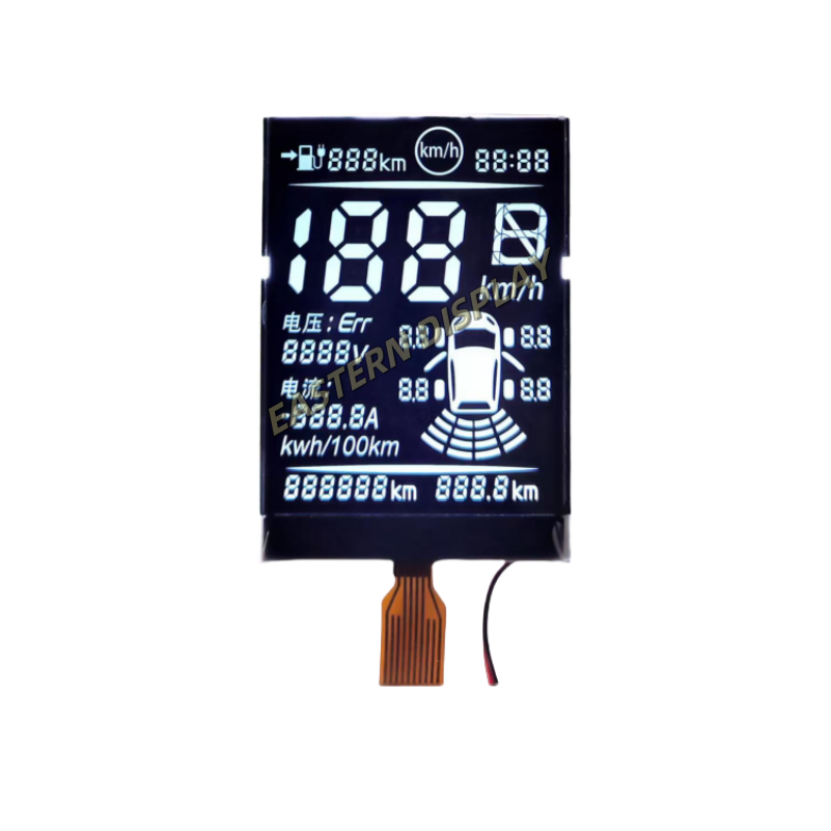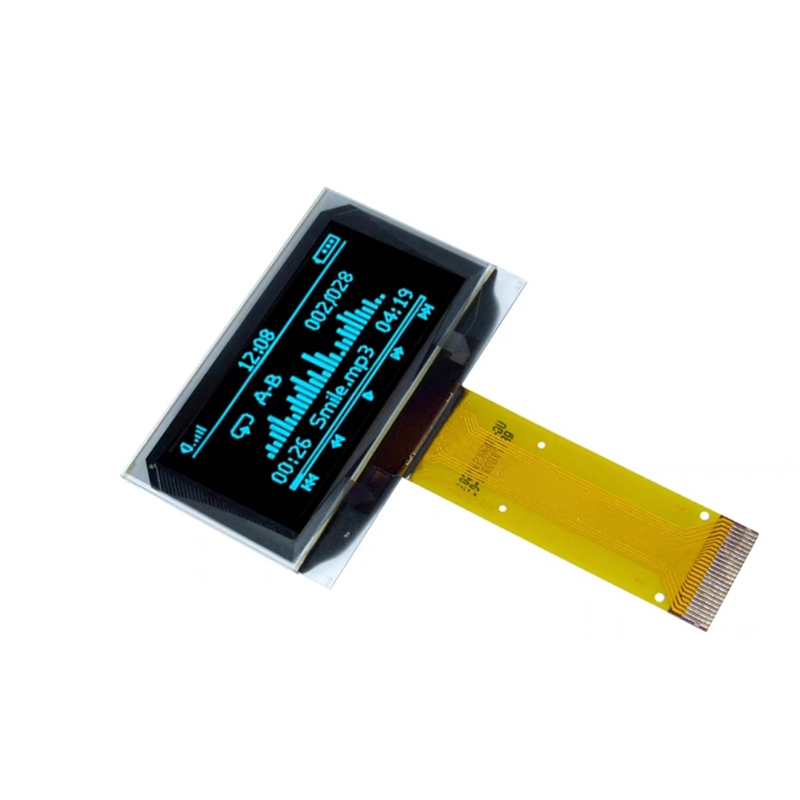
This article provides a comprehensive overview of circular OLED technology, exploring its applications, advantages, disadvantages, and future prospects. We delve into the manufacturing process, key specifications, and compare it with other display technologies. Learn about the innovative uses of circular OLED displays and how this technology is shaping the future of various industries.
Circular OLED, or Organic Light-Emitting Diode displays with a circular shape, represents a significant advancement in display technology. Unlike traditional rectangular or square screens, circular OLED screens offer a unique aesthetic appeal and potential for innovative design implementations. The technology leverages the inherent flexibility and self-emissive nature of OLEDs to create round displays of varying sizes, from small wearable device screens to larger, more sophisticated applications.
The round shape offers a modern and sleek aesthetic, making it ideal for devices prioritizing design. This opens possibilities for more creative product designs and user interfaces compared to traditional rectangular screens. Its unique form factor allows for seamless integration into various applications, enhancing the overall user experience. For instance, it is perfectly suited for smartwatches or other wearable devices.
Depending on the specific design and application, the curvature of a circular OLED screen can contribute to a more immersive viewing experience, particularly beneficial for applications focused on media consumption or data visualization. The reduction of sharp edges also improves comfort for extended viewing sessions.
Circular OLED displays inherit the advantages of OLED technology, including deep blacks, high contrast ratios, vibrant colors, and wide viewing angles. This results in a superior picture quality compared to many alternative display technologies.
The production of circular OLED displays presents greater challenges than rectangular screens, resulting in higher manufacturing costs. This is largely due to the need for specialized equipment and processes.
Depending on the curvature and size of the screen, some minor image distortion can occur. This is usually minimal and can often be compensated for through software corrections.
Circular OLED displays are perfectly suited for smartwatches and other wearable electronics. Their compact size, sleek design, and high image quality make them highly desirable.
From instrument clusters to infotainment systems, circular OLED screens are gaining traction in the automotive industry for their ability to enhance the driver's experience and dashboard aesthetics.
The technology finds applications in medical devices where compact, high-resolution displays are required for data visualization and user interaction.
| Feature | Circular OLED | LCD | AMOLED |
|---|---|---|---|
| Shape | Circular | Rectangular, Square | Rectangular, Square |
| Power Consumption | Lower | Higher | Moderate |
| Contrast Ratio | High | Moderate | High |
| Response Time | Fast | Slower | Fast |
As manufacturing processes improve and costs decrease, we can expect to see wider adoption of circular OLED technology across various industries. Innovations in design and functionality will continue to drive the growth of this exciting display technology. For more information on advanced display solutions, you may wish to explore the possibilities at Dalian Eastern Display Co., Ltd.
1 Data compiled from various industry reports and manufacturer specifications. Specific details may vary depending on the model and manufacturer.












